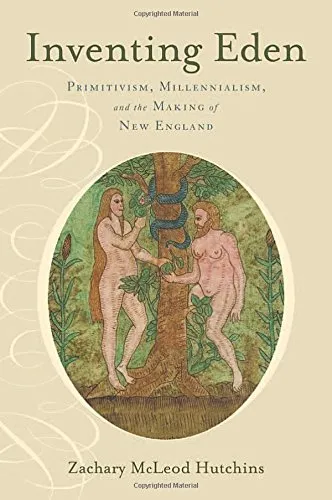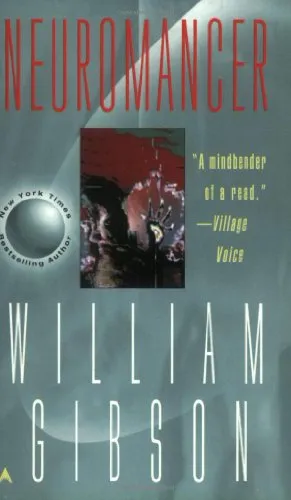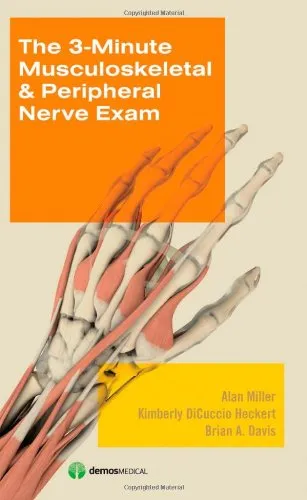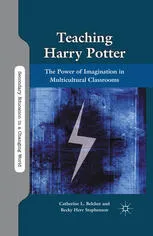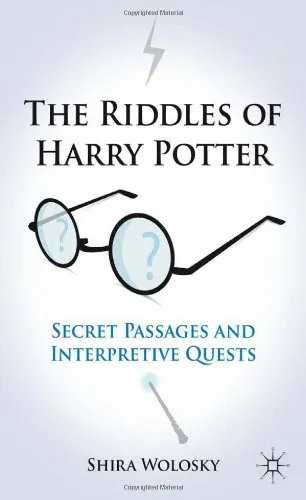Inventing Eden: Primitivism, Millennialism, and the Making of New England
4.2
Reviews from our users

You Can Ask your questions from this book's AI after Login
Each download or ask from book AI costs 2 points. To earn more free points, please visit the Points Guide Page and complete some valuable actions.Related Refrences:
Introduction to "Inventing Eden: Primitivism, Millennialism, and the Making of New England"
In "Inventing Eden: Primitivism, Millennialism, and the Making of New England," Zachary McLeod Hutchins offers a compelling exploration into the theological and philosophical underpinnings that influenced the early settlers of New England. The book intricately examines the persistent idea of "Eden" and how this concept shaped the vision and experiences of colonists as they endeavored to mold a new world amidst the untamed wilderness of America.
Detailed Summary of the Book
Hutchins delves into the twin themes of primitivism and millennialism that dominated the theological thought of the early European settlers in New England. The settlers were driven by the idea of returning to a primeval state of innocence and simplicity, inspired by Biblical accounts of the Garden of Eden. This desire was melded with millennial expectations—the aspiration for an imminent transformation of the world, which would herald a new, divine dispensation.
The book is structured around the interplay of these ideas, tracing how the Edenic myth informed the settlers’ religious, cultural, and social practices. It explores how the colonists viewed the New World as a potential paradise where they could realize a form of spiritual and communal rebirth. This vision was not without its challenges, as it often clashed with the harsh realities of frontier life and the complex relationships with Indigenous peoples.
Through a meticulous examination of sermons, writings, and personal diaries, Hutchins elaborates on how the New England colonies were consistently shaped by an Edenic aspiration, which was tied to both the landscape and the moral imperatives colonists believed they were obligated to uphold. This narrative exposes the tensions between imagination and reality, ideals and practice, in the foundational years of American society.
Key Takeaways
- The idea of an "American Eden" was central to the early settlers' worldview and provided a framework for understanding their new environment.
- Primitivism and millennialism were key theological constructs that defined the colonists’ experiences and expectations.
- The narrative of Eden facilitated both the settlers’ sense of mission and their self-justification for territorial expansion.
- Hutchins’ detailed research offers insights into the tension between projected ideals and colonial realities, shedding light on early American identity formation.
Famous Quotes from the Book
"The aspiring colonists of New England did not merely seek a refuge but hoped to craft an Eden in which they could realize their vision of a new, redeemed humanity."
"Primitivism and millennialism are the dual lenses through which the New England project can be understood, offering insight into a world tirelessly imagined as simultaneously old and new."
Why This Book Matters
"Inventing Eden" is an essential read for anyone interested in understanding the ideological framework that shaped early American society. Hutchins provides a nuanced exploration of how religious and philosophical ideas were woven into the fabric of the New England colonies and the broader narrative of American identity. By exposing the foundational myths that propelled the settlers’ vision, the book offers profound insights into the complexities and contradictions inherent in the American quest for utopia. For historians, theologians, and those fascinated by cultural studies, this work is a pivotal contribution to the discourse on America's origins and its enduring mythologies.
Free Direct Download
You Can Download this book after Login
Accessing books through legal platforms and public libraries not only supports the rights of authors and publishers but also contributes to the sustainability of reading culture. Before downloading, please take a moment to consider these options.
Find this book on other platforms:
WorldCat helps you find books in libraries worldwide.
See ratings, reviews, and discussions on Goodreads.
Find and buy rare or used books on AbeBooks.
1401
بازدید4.2
امتیاز0
نظر98%
رضایتReviews:
4.2
Based on 0 users review
Questions & Answers
Ask questions about this book or help others by answering
No questions yet. Be the first to ask!
